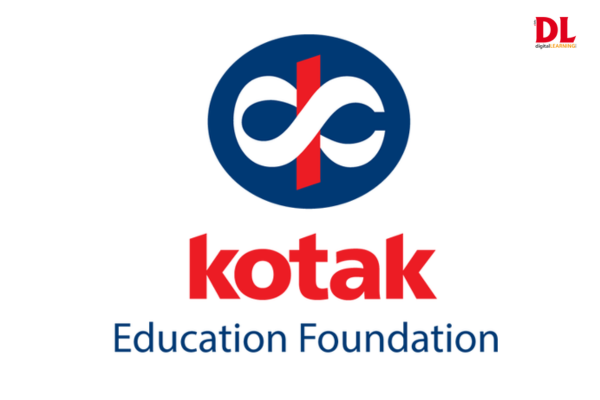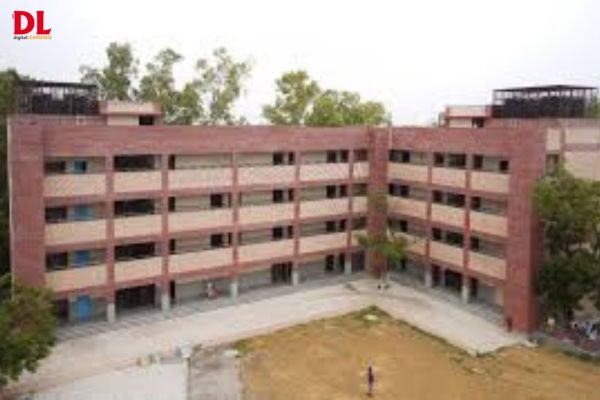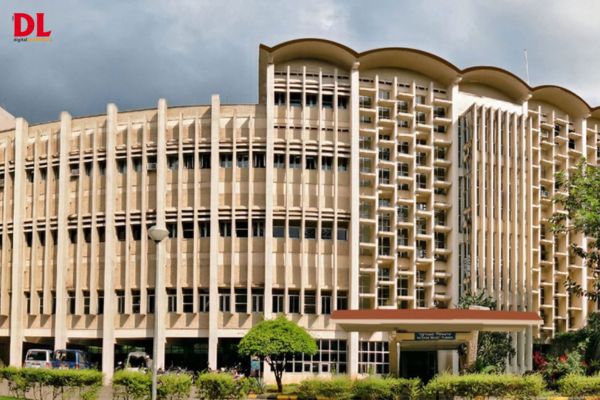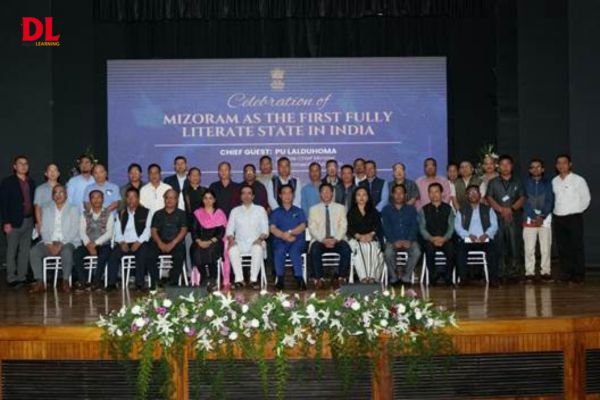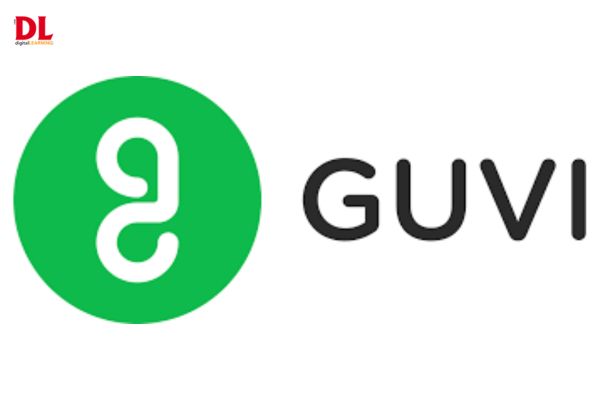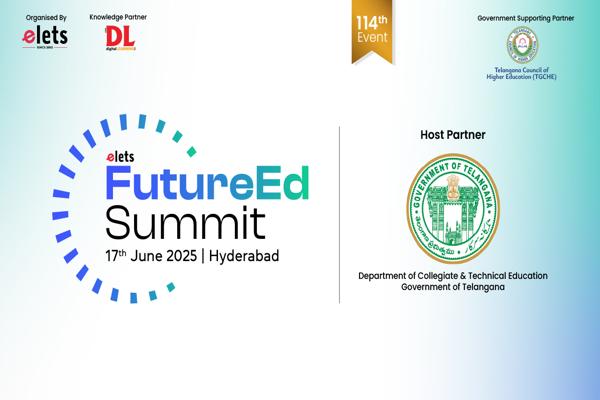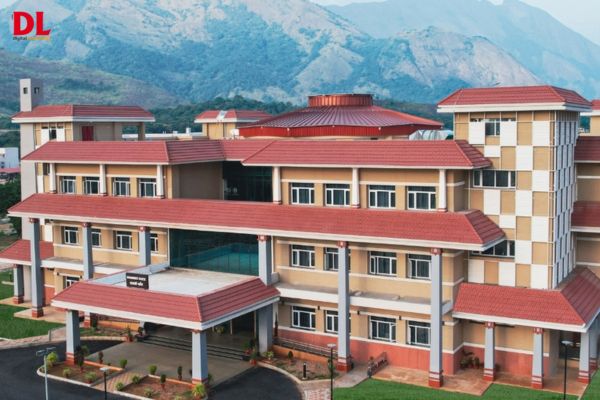AASOKA, an AI-powered online education platform for K-12 students, has been named the world’s leading EdTech “Rising Star” by TIME magazine and Statista. The award is part of the second edition of TIME and Statista’s global list of the 350 top-performing edtech companies.
AASOKA led the “Rising Stars” category, which was a secondary category to the “World’s Top EdTech Companies Of 2025”. In the “Rising Stars” category, companies were ranked based on their revenue growth over the past 3 years. The rankings were based on data submitted through an open application, with selection criteria and analysis independently managed by Statista’s expert research team. To mark this momentous occasion, a celebratory event was held at the Radisson Blu MBD Hotel by the MBD Group, owners of AASOKA.
AASOKA has emerged as a transformative platform for over 4,000 schools across more than 500 cities in India, serving close to one million students. It offers a unified digital ecosystem that integrates curriculum content, AI-driven learning tools, teacher training, and school management solutions. Internationally, AASOKA has expanded its presence to the Middle East, South Africa, and several other regions. In addition to benefiting students, the platform has helped train over 80,000 educators, supporting their transition to modern teaching methodologies aligned with India’s National Education Policy (NEP) 2020.
Read More: GUVI and the Tamil Nadu Government organise a Hackathon to empower students
AASOKA offers curriculum-aligned digital content for 17 different state boards, as well as other national boards like CBSE and ICSE. The platform’s AI capabilities allow for personalized learning paths, real-time academic performance monitoring, and data-informed decision-making for educators. Tools such as automated question paper generators and lesson planning modules enable teachers to craft dynamic, student-centered lessons with greater ease.
To equip students with essential 21st-century skills, AASOKA has launched innovative programs like AASOKA WizKids and the AI STEAM Lab. These hands-on initiatives introduce young learners to coding, robotics, critical thinking, and design-based learning from an early age.
Monica Malhotra Kandhari, Managing Director of MBD Group, showed her great appreciation for the spotlight given to the organisation by saying, “This recognition by TIME and Statista means the world to us, it validates the belief we’ve always had: that India can lead the way in building meaningful, future-forward education solutions. At AASOKA, our mission has always been simple but powerful: to make quality learning accessible, engaging, and equitable for every child, no matter where they are. This achievement belongs to every teacher, student, and school that placed their trust in us and made this journey possible.”
Within the next three years, AASOKA has set the goal of expanding its operations to over 20,000 schools. The platform will continue to invest in AI advancements, teacher development, and foundational learning initiatives for early-grade students.








